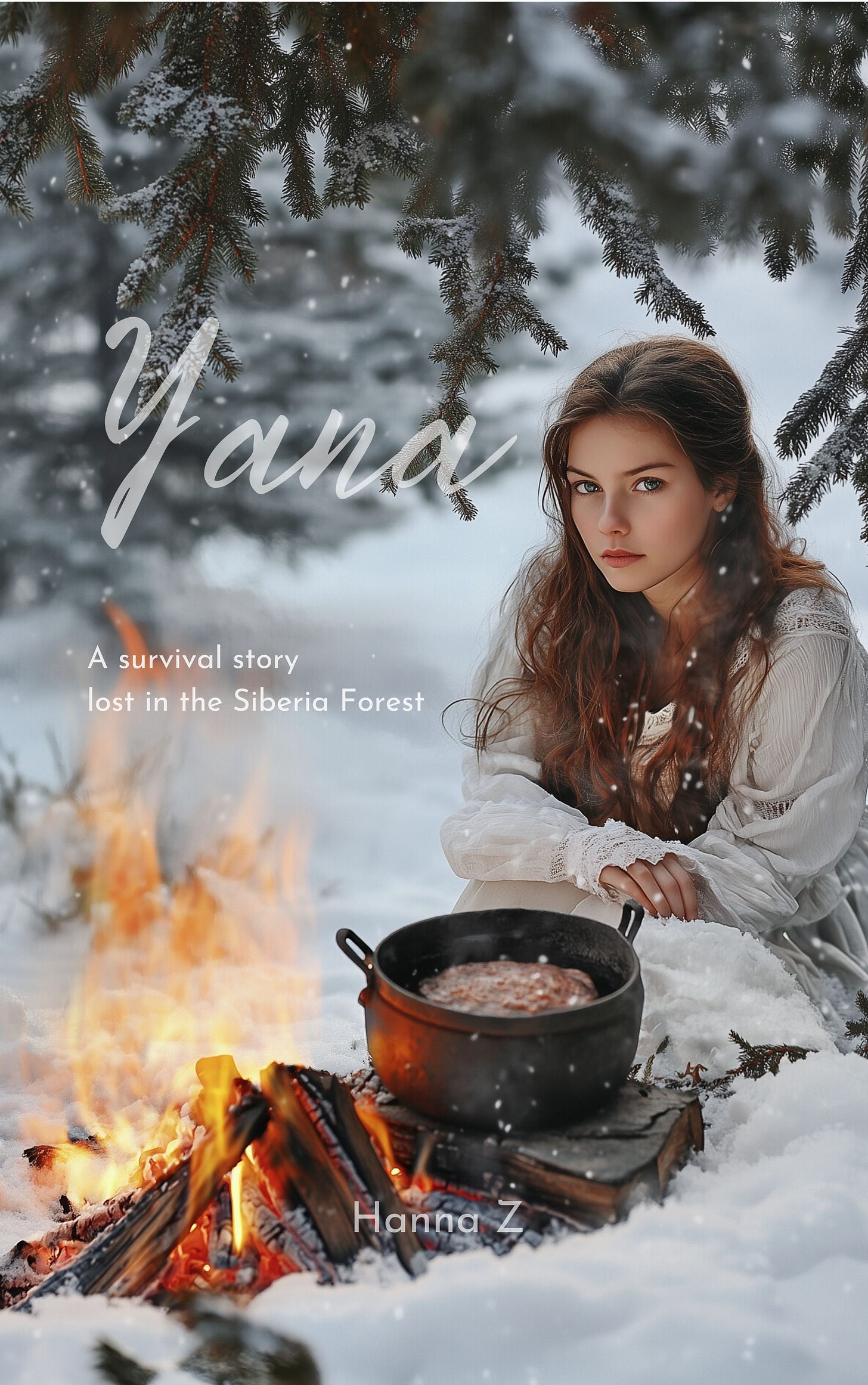The wilderness has always whispered to me, even when I was buried under the hot mess of city life.
It’s not that I’ve ever considered myself an adventurer, not in the traditional sense. But something about the untouched, the raw, the vast emptiness of places like Siberia has always tugged at the corners of my mind. What would it be like to step into that silence, where the only sound is the crunch of snow underfoot and the wind threading through ancient trees?
What would I learn about the world—and myself—if I were truly alone out there?
Siberia, for me, has always stood as the ultimate symbol of nature’s power. It’s not just a place; it’s a legend. Its forests stretch endlessly, its rivers cut through like lifelines, and its winters—well, they’re as much a character as they are a force.
The thought of it used to terrify me, in the way only the unknown can. But beneath that fear was an odd curiosity. Could I face a place so indifferent to my existence and come out stronger?
I’d read about the Siberian taiga in passing. Stories of explorers, survivors, and those who simply disappeared. What struck me most wasn’t the tales of heroics or tragedy but the quiet moments: the frozen footprints in the snow, the way the sun turns the ice to fire as it rises, the sound of wolves howling in the distance. There’s a stillness to Siberia, a kind of truth that feels rare in a world filled with distractions.
So the story of a girl lost in this land started to come alive in my mind.
In researching for Yana, my mind became consumed by the idea of survival in such a setting. Could someone not only survive but also transform? Could they go beyond just enduring the cold to finding a kind of warmth within it?
The more I thought about it, the more I realized that Siberia isn’t just about the external challenges. It’s about what the wilderness reveals about us when everything else is stripped away.
As I wrote, I imagined the crunch of the snow beneath my boots, the weight of isolation pressing in like the wind, the sharp clarity of a night sky free of city lights. I imagined what it would feel like to start a fire with shaking hands, to catch the first spark of warmth and know you’d wrestled it from the void. I pictured the fear of hearing wolves, not knowing if they were closer than the night before, and the strange, humbling awe of realizing you are not the only one fighting to survive out here.
Siberia, I realized, is a mirror. It reflects back who you are when no one else is watching, when there are no distractions to hide behind.
It reminds that what you see isn’t always pretty, but it’s always true.
Writing Yana wasn’t just about telling a survival story; it was about exploring that mirror. Yana steps into that wilderness carrying the weight of her life—her losses, her doubts, her need to prove something.
She learns, through every fire built and every step taken, that survival isn’t just about the physical. It’s about letting go of the things that weigh you down, finding the strength to face what’s inside, and discovering the resilience you didn’t know you had.
For me, Siberia became a metaphor for life’s greatest challenges—the moments when you feel lost, when the odds are stacked against you, and the world feels vast and uncaring. But it’s also a reminder that even in the coldest, darkest places, there is beauty.
There is light. There is life.
If you’ve ever felt the pull of the wild, or the need to test yourself against something bigger, I think you’ll find something of yourself in Yana. It’s not just a story about survival; it’s about what we discover when we’re forced to go beyond survival. It’s about resilience, connection, and the spark of hope that keeps us moving forward.
I hope you’ll feel the same whisper that called to me—that pull to step into the unknown and see what waits on the other side.
Love,
Hanna




